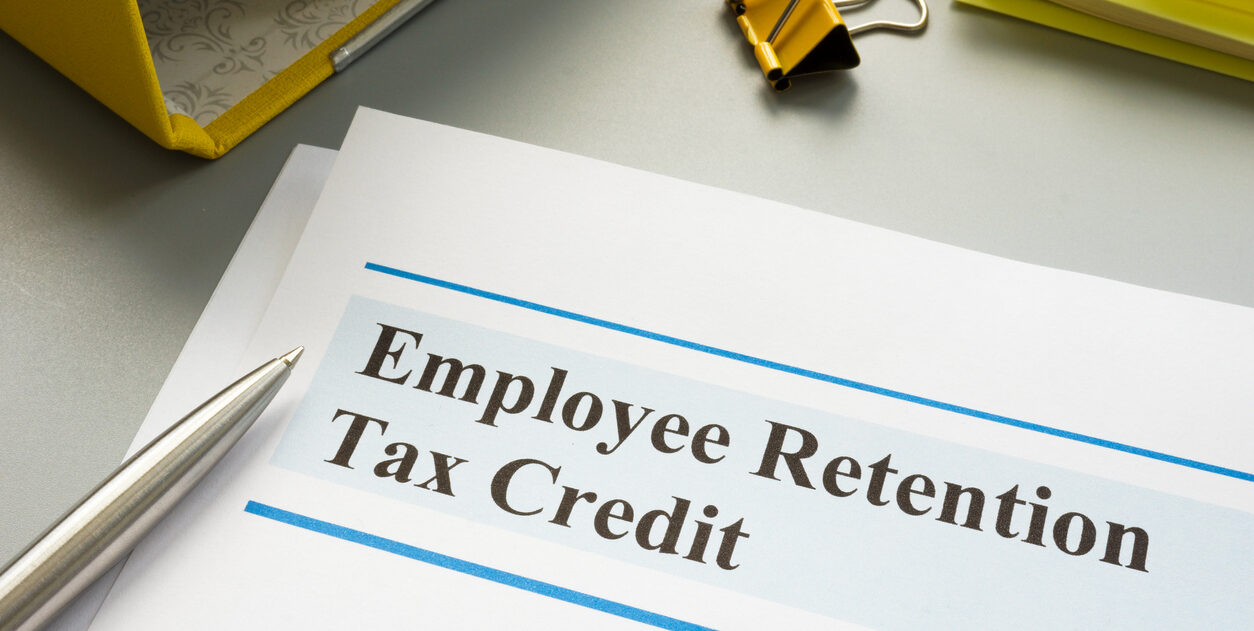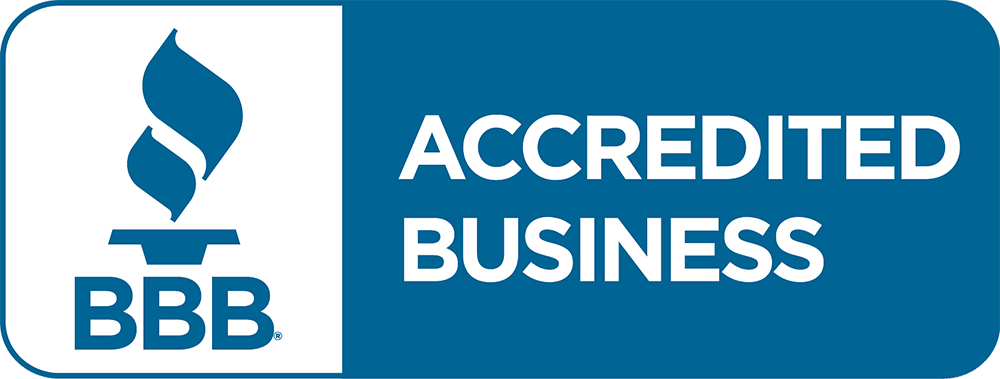What is Small Business Week?
In 1963, U.S. President Kennedy declared the first week of May as National Small Business Week to honor the contributions of entrepreneurs and small business owners nationwide.
This recognition is well-deserved. According to the Small Business Administration, there are 33.3 million small businesses in the United States. These businesses make up 99% of all businesses in the country. This statistic just emphasized the importance small businesses have in the American economy and culture.
In this article, we highlighted key actions small business owners can take to get the most out of this holiday.
1. Share Your Story
This is the perfect time to share your story with your customers. Narrating the story behind your small business journey fosters stronger customer relationships; people are naturally drawn to supporting businesses that they connect with and relate to. Additionally, this is a great opportunity to differentiate your business by highlighting your inspiration, the unique qualities of your products, and compelling reasons for customers to choose your shop.
Examples:
- Update the “About” page on your website.
- Utilize social media platforms with relevant hashtags.
- Include an “Our Story” card with purchases.

2. Roll out Small Business Week Promotions/Discounts
This one may seem obvious, but it’s important! Everyone enjoys feeling like they are saving money. By offering promotions during this week, you’ll attract customers. After you’ve created your promotion, be sure to create a great customer experience, encouraging them to return.
Examples:
- Offer a flat-rate discount on products exclusively during Small Business Week.
- Provide a complimentary gift with every purchase.
3. Partner with Local Businesses
Embrace this networking opportunity! Connect with other local businesses in your vicinity to collaborate. Small businesses thrive on community support, this presents an excellent opportunity to mutually boost each other’s businesses by referring customers.
Examples:
- Explore events organized by your local chamber of commerce.
- Forge partnerships with nearby businesses and cross-promote each other’s offerings.
4. Prepare your Marketing/Advertising Strategy
Eliminate stress by planning your marketing strategy in advance. During April, strategize promotions, communication methods, partnerships, and event attendance. Design and schedule all advertisements beforehand to ensure seamless execution so you can focus on your customers.
Examples:
- Create a content plan using free online templates.
- Encourage user-generated content on social media with branded hashtags.
- Prepare thank-you emails or cards to foster customer loyalty.

5. Attend the SBA Virtual Summit
The Small Business Administration holds an annual 2-day virtual summit during small business week for owners to participate in a variety of educational webinars, exhibit booths, free business resources, and multiple peer-to-peer networking rooms.
How to:
- Sign up here.
How to Support your Small Business Growth
Costs are inevitable when growing your business. Investing in a small business loan can be a strategic move with numerous benefits. With access to additional funds, you can acquire new equipment, expand your product line, hire more employees, or explore new markets.
SBA 7(a) loans are government back loans, which means they provide some of the lowest interest rates and highest approval rates for small businesses. With NEWITY, you can apply for an SBA 7(a) loan for up to $500,000 in less than 10 minutes without impacting your credit score.






























